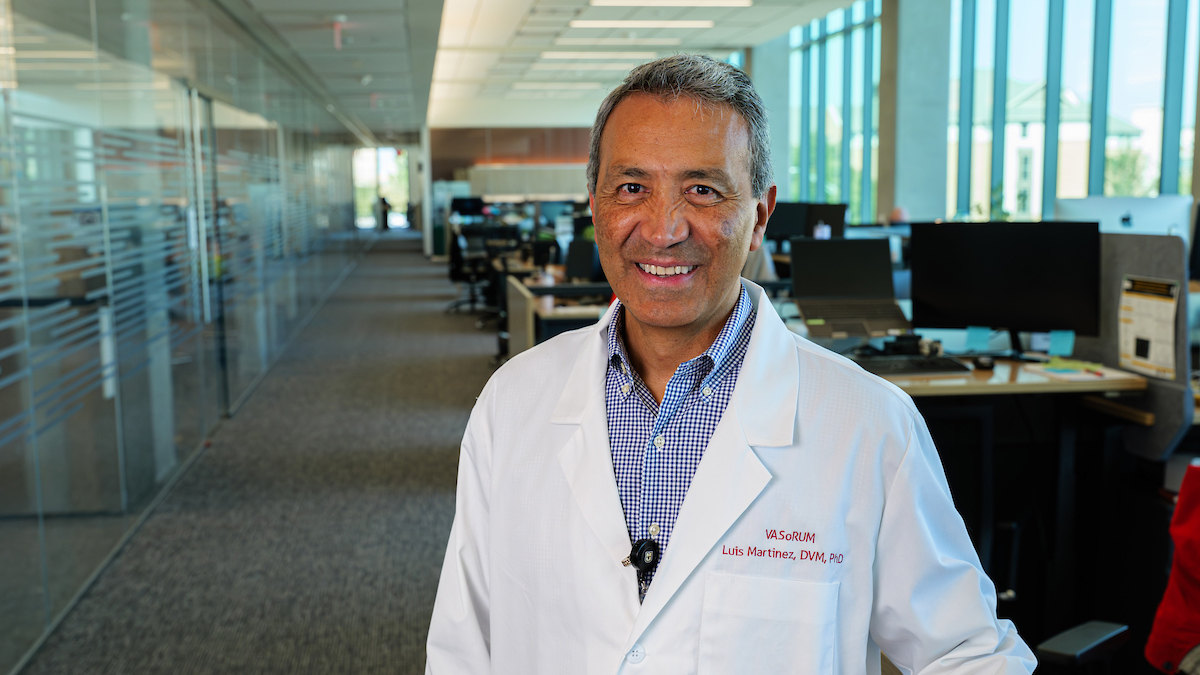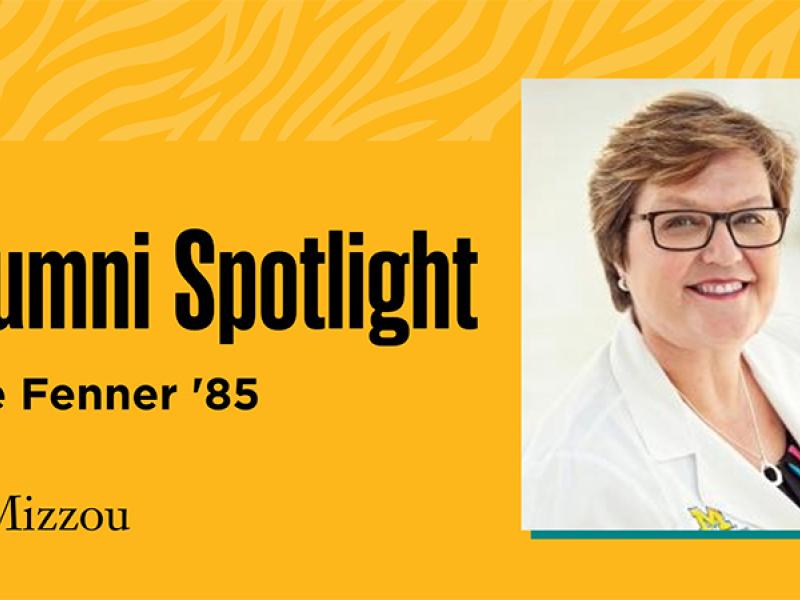
Many years before finding himself on the cusp of receiving one of his field’s most prestigious awards, Luis Martinez-Lemus’s, career began with chickens.
Broiler chickens, to be exact.
“I was originally trained as veterinarian in Mexico,” Martinez-Lemus, DVM, PhD, said. It’s a detail the quick-to-smile distinguished professor of cardiovascular research likes to share about himself, especially with his students, because it reveals life’s sometimes peculiar way of unfolding.
“It’s OK to have a dream of how you see your life and your career,” he said, smiling. “But you never know where life is going to take you.”
For Martinez-Lemus, his career recently took him to Beijing, China, where he was honored with the prestigious Benjamin W. Zweifach Award from the Microcirculatory Society. The global scientific society, dedicated to promoting research and teaching in the field of microcirculation, grants the award in recognition of outstanding contributions to the advancement of our knowledge of microcirculation.
The award, granted only twice per decade, was last awarded to Steven Segal, PhD, Medical Pharmacology and Physiology professor at the School of Medicine in 2018. Martinez-Lemus’s award will mark the first time that researchers from the same university have received the award.
Martinez-Lemus began his research journey in Mexico City, investigating why some chickens in the poultry industry suffered from congestive heart failure. His team’s research ultimately identified that altitude was a contributing factor in the birds developing pulmonary hypertension – a narrowing of the blood vessels in the lungs that forces the heart to work harder.
From there, he moved on from his dream of owning a veterinary clinic in Mexico City to pursue research in microcirculation. Following his PhD program and postdoc at Texas A&M University, he landed at the University of Missouri’s School of Medicine. At MU – an epicenter for cardiovascular research – he would spend nearly 18 years investigating how blood vessels change in response to conditions such as hypertension, obesity, diabetes and aging.
His work has contributed to a paradigm shift in the understanding of the processes involved in blood vessel hardening. Researchers are now moving beyond the idea that collagen deposits that contribute to plaque buildup in the blood vessels are a primary factor for hardening blood vessels.
“Not that collagen deposition isn’t important, but we introduced the concept that the cells themselves get stiffer and then they change their inner structure,” he said. “It’s a concept that was a little foreign to this area [of research], and it still is to many people.”
With this knowledge, he hopes that someday medical professionals can move beyond simply treating patients and into the realm of identifying risk and intervening before problems begin.
Martinez-Lemus is quick to point to what he believes is most important to his research success: team science.
“I’m receiving this award because I am standing on the shoulders of many others who have come before me,” he said. “My achievements are because of working with other great investigators.”
He believes his contributions to the field of cardiovascular research are a testament to the collaborative environment that MU and the NextGen Precision Health initiative provide.
“I come from a background that was very focused on remaining siloed,” he said. “I think that difference here at Mizzou is obvious: We want to try and bring people from different perspectives to look at a problem.”
Martinez-Lemus was among the first scientists to move into the Roy Blunt NextGen Precision Health building on MU’s campus. The building anchors the overall NextGen Precision Health initiative, which unites the UM System’s four public research universities, MU Health Care, MU Extension and industry partners toward a single goal: precision health solutions for society’s toughest diseases.
“Dr. Martinez-Lemus leads a highly collaborative vascular research group that epitomizes team science – that’s why he was among the very first principal investigators recruited into the NextGen Precision Health Initiative in 2021,” said Dave Arnold, MD, executive director of the NextGen Precision Health initiative. “I’m so pleased to see his influential career held up as a model for future innovation in this way.”
Scott Rector, PhD, director of the NextGen Precision Health building and fellow cardiovascular researcher, had nothing but praise for Martinez-Lemus.
“We are fortunate to share a campus with Luis. For nearly twenty years at MU, he has been funded continuously by the National Institutes of Health and industry sponsors,” said Rector. “I consider him an invaluable collaborator, and he is a world leader in microcirculation research. It is great to see this recognition from his peers and this honor from the Microcirculatory Society.”

Highlighting the promise of personalized health care and the impact of large-scale interdisciplinary collaboration, the NextGen Precision Health initiative is bringing together innovators from across the University of Missouri and the UM System’s three other research universities in pursuit of life-changing precision health advancements. It’s a collaborative effort to leverage the research strengths of Mizzou toward a better future for the health of Missourians and beyond. The Roy Blunt NextGen Precision Health building at MU anchors the overall initiative and expands collaboration between researchers, clinicians and industry partners in the state-of-the-art research facility.





